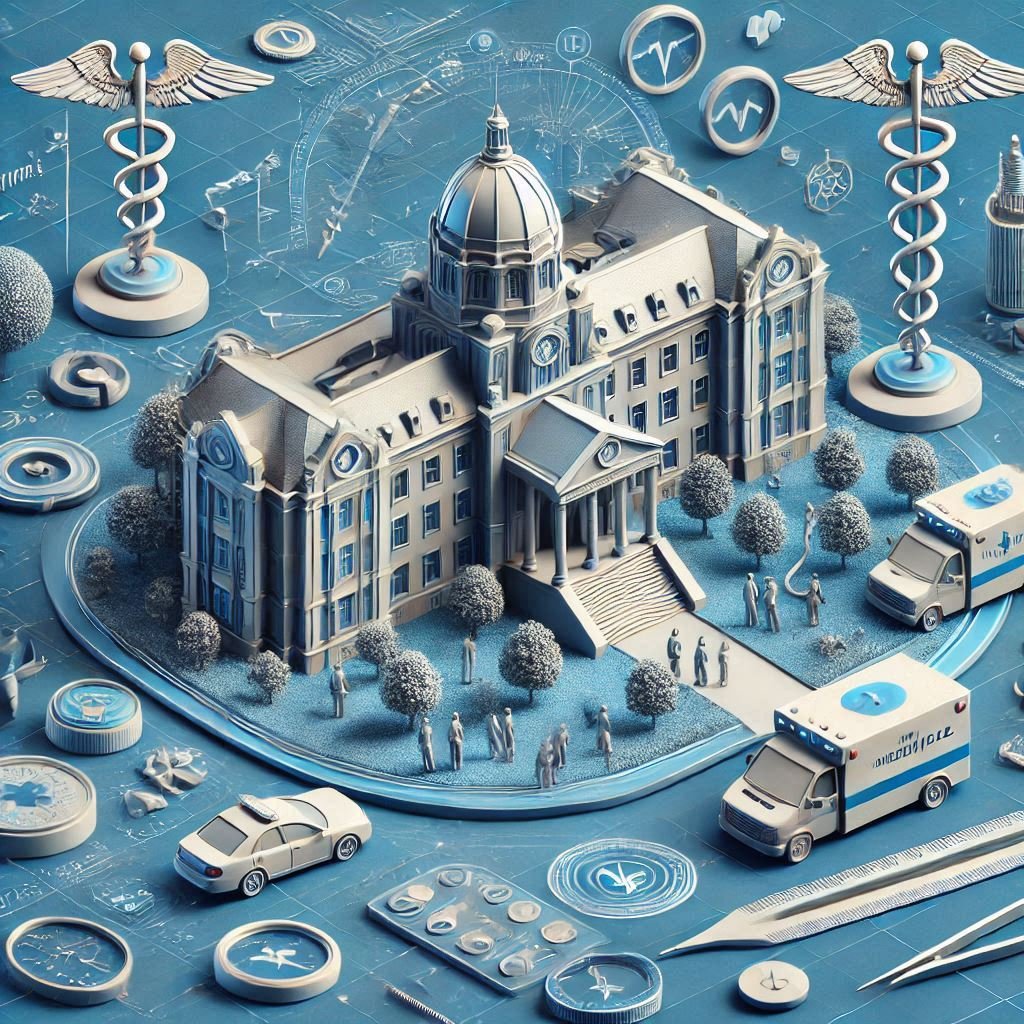
New Delhi: In a significant stride toward enhancing healthcare infrastructure and medical education in India, the Central Government has approved the establishment of 60 new medical colleges across the country. This development is a crucial step under the government’s continued efforts to address the shortage of doctors and ensure accessible healthcare for every citizen.
The initiative aligns with the broader vision of strengthening healthcare services in underserved areas while creating additional opportunities for aspiring medical students. With the growing demand for medical professionals in the country, these colleges are expected to fill critical gaps in medical education and healthcare delivery.
Bridging the Gap in Medical Education
India has been grappling with an insufficient doctor-to-patient ratio, particularly in rural and semi-urban areas. According to the World Health Organization (WHO), the ideal ratio is 1 doctor per 1,000 people. However, India has struggled to meet this benchmark, largely due to the lack of sufficient medical colleges and training facilities.
With the approval of 60 new colleges, the government aims to address this disparity. Each college will also include a corresponding district hospital, ensuring that medical students receive hands-on training while simultaneously improving public healthcare services in the region.
Economic and Social Impact
The establishment of these colleges is expected to generate significant employment opportunities, not just in the medical sector but also in associated fields like administration, construction, and ancillary services. Moreover, this move will encourage regional development in areas where these institutions are being set up.
For aspiring medical students, this expansion is a beacon of hope. It will allow many more students to pursue an MBBS degree without the financial or logistical constraints of traveling to distant locations or studying abroad.
Part of a Larger Healthcare Mission
This initiative is part of the Pradhan Mantri Swasthya Suraksha Yojana (PMSSY), which seeks to improve tertiary healthcare and bolster the quality of medical education across India. Over the years, the government has consistently increased funding for medical colleges, both in terms of infrastructure and faculty development.
Union Health Minister Mansukh Mandaviya, commenting on the approval, highlighted the government’s dedication to achieving universal health coverage. He noted that these new colleges will ensure equitable access to medical education and healthcare facilities, thereby reducing regional imbalances.
Challenges and the Way Forward
While the announcement is a promising one, challenges remain. Issues like faculty shortages, maintaining quality standards, and ensuring timely construction of these colleges must be addressed. The government must also focus on equipping these institutions with advanced technology and robust infrastructure to meet global standards.
Conclusion
The approval of 60 new medical colleges is a landmark decision that will reshape the landscape of medical education and healthcare in India. It is a step in the right direction, addressing critical gaps and building a foundation for a healthier and more equitable nation. As these institutions take shape in the coming years, they are expected to inspire a new generation of healthcare professionals dedicated to serving the country.


